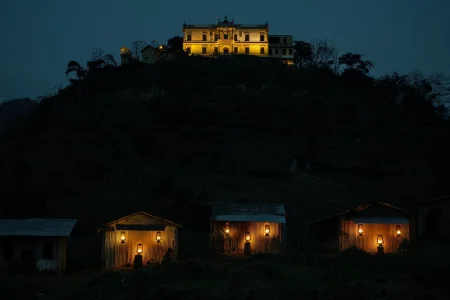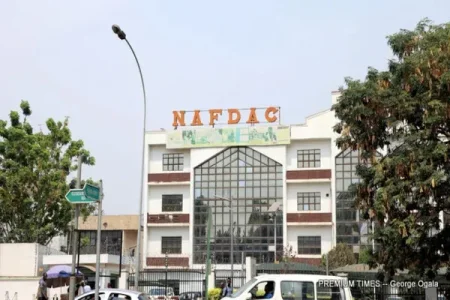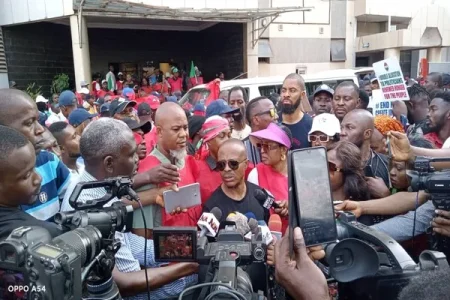
In Nigeria, power flows, but payments don't. After years of consuming electricity while accumulating debt, the Federal Government faces a ₦4 trillion reckoning with power companies threatening shutdowns. The Presidency has announced plans to settle ₦2 trillion of this mounting obligation—a partial payment that reveals the more profound crisis of power without payment across Nigeria's energy landscape.
When governments consume services but delay payment, the entire system suffers from promise fatigue.
Key Developments:
- ₦2 trillion settlement planned from total ₦4 trillion debt owed to generation and distribution companies
- Crisis prevention measures, as power companies warn of plant shutdowns without payment
- Payment instruments are being explored due to the government's fiscal constraints and cash flow challenges.
- Subsidy debt expansion reaching ₦982 billion by May 2025, adding pressure to sector finances
Power without payment creates a vicious cycle: unpaid companies reduce generation, citizens suffer blackouts, and economic productivity declines. By acknowledging this ₦4 trillion reality, the government admits that consuming services while delaying payment undermines the very infrastructure citizens depend on.




![[VIDEO] Borderless Passion: Ruto Sounds Alarm: Are Nigerian Men 'Stealing' Kenya's Best Women?](/data/attachments/217/217426-7b1eb6805c0d51dfb8743a71b1a2973d.jpg?hash=ljP-9iMPYx)